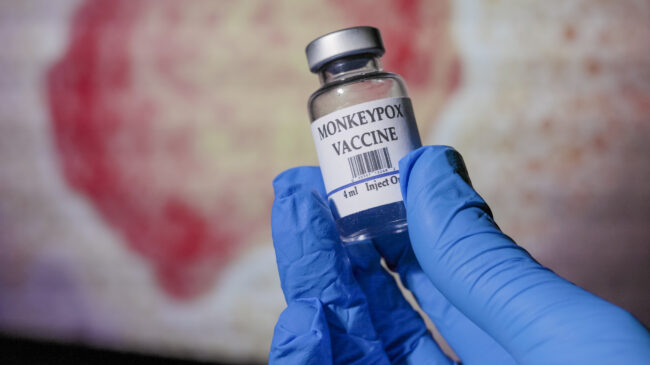The Biden administration has asked Congress to approve $4.5 billion in emergency funds to help address the monkeypox outbreak, but such a large spending measure is questionable at best. The monkeypox funds are part of a larger package of emergency funding requests.
National Public Radio reports:
The White House is asking Congress for $47.1 billion in emergency funding to cover expected costs for Ukraine, COVID-19, monkeypox and natural disasters. The administration hopes the funding request will become part of an upcoming short-term spending bill aimed at funding the federal government beyond Sept. 30, when the current spending package is set to expire.
Congress must pass the short-term spending bill by the end of September to avoid a partial federal government shutdown on Oct. 1. But the ability to continually make emergency funding requests points to a broken budgeting process.
Is monkeypox truly an emergency right now? As of early September, the U.S. had less than 25,000 confirmed cases of monkeypox, and the rate of newly confirmed daily cases was declining from its peak in mid-August. Less than 400 new cases are being diagnosed each day as of this writing.
Although very painful, monkeypox is rarely fatal. Los Angeles County recently reported the first confirmed U.S. death from monkeypox. In August, health authorities reported one death potentially related to the virus, but the affected individual’s cause of death has yet to be confirmed. Notably, older Americans, who were the main victims of COVID-19, have some protection from monkeypox because anyone born more than 50 years ago received a smallpox vaccination.
According to the Biden administration’s funding request, 1.1 million doses of the monkeypox vaccine have already been made available. By the time any emergency funding becomes available, it is likely that all these shots will have been administered, and there may not be sufficient demand for additional vaccinations. But the administration’s request still includes $1.6 billion to procure monkeypox vaccines, $1.2 billion for testing, treatment, and vaccination services, $1.1 billion for other domestic purposes, and $0.6 billion to fund responses to monkeypox outside the United States.
This last figure should certainly be questioned. With most monkeypox cases occurring in North America and the relatively affluent counties of Western Europe, it is not clear that monkeypox is a sufficient threat in low and moderate-income countries that might need foreign aid.
It is also worth noting that monkeypox treatment for most Americans will be covered by private insurance, Medicare, or Medicaid. Some forms of coverage may also offset the cost of vaccination.
The outbreak of monkeypox is certainly a serious public health issue, and it is understandable that it has attracted attention from Congress. But members of Congress should carefully review the proposed funding package. The federal budget process is broken. Congress’ consistent use of emergency spending bills, continuing resolutions and reconciliation rather than a transparent appropriations process, and the failure to offset new federal spending with budget reductions elsewhere are some of the reasons the national debt is already at alarming levels.

